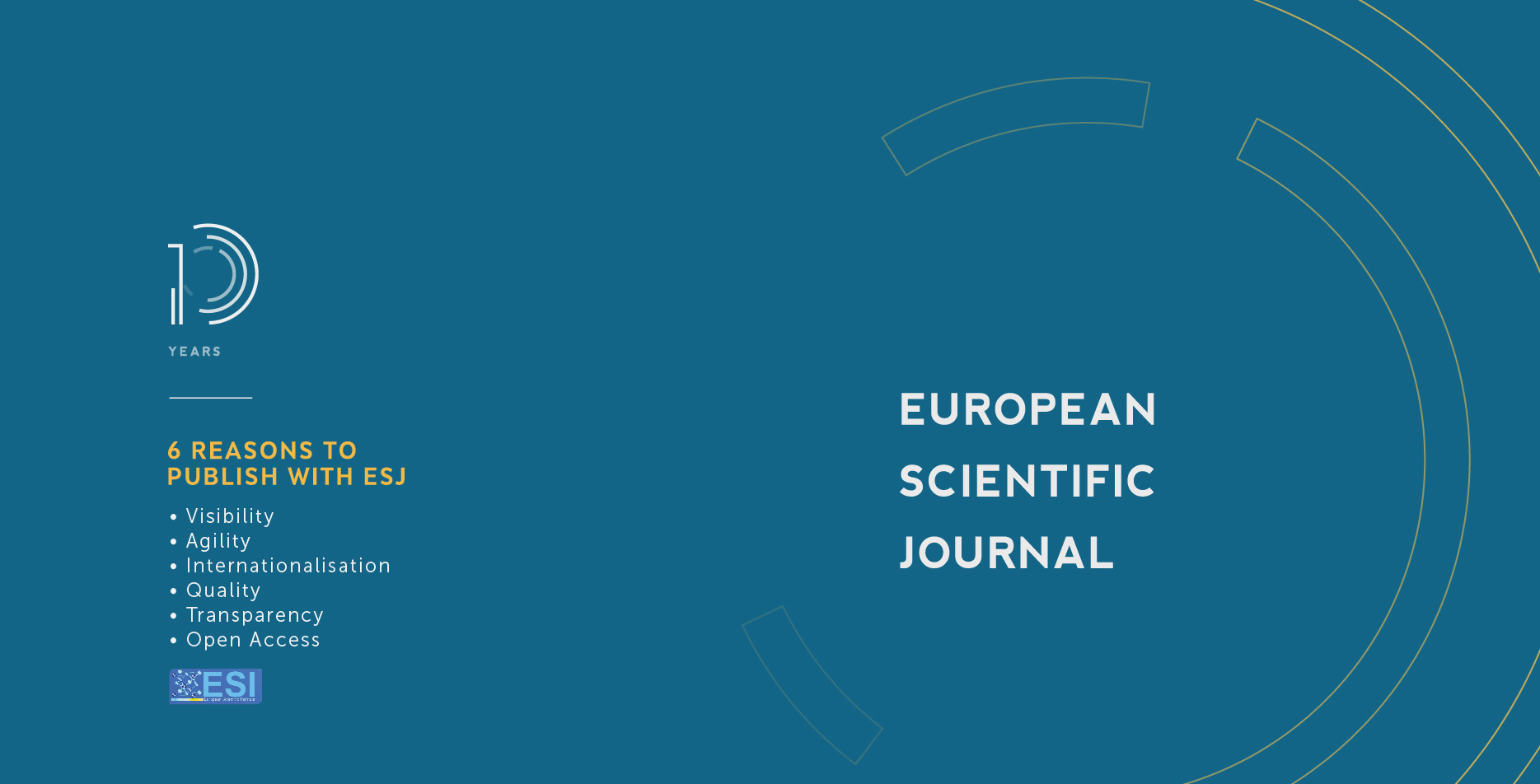Metaverse in Tourism and Hospitality: Empirical Evidence on Generation Z from Italy
Abstract
The paper has been conducted to analyze the change taking place in tourism marketing due to the metaverse innovation through tastes and needs of today's new generations of tourists, especially generation Z, that will be the future customers of the next decades. The goal of this study has been to analyze the opportunities concerning the metaverse and its immersive technology, through a survey conducted on a sample of generation Z people and understand which are the practical implications that can guide tourism companies and territorial governments' decisions during the nearest future, to satisfy new market demand and optimize their communication in the metaverse.
Downloads
PlumX Statistics
References
2. Buhalis, D., Karatay, N. (2022a). Mixed reality (MR) for Generation Z in cultural heritage tourism towards metaverse, ENTER22 e-Tourism Conference, Springer, Cham, 16-27.
3. Buhalis, D., Lin, M.S., & Leung, D. (2022b). Metaverse as a driver for customer experience and value co-creation: implications for hospitality and tourism management and marketing. International Journal of Contemporary Hospitality Management, 35(4), 458-472.
4. Business Insider (2022). Bofa’s 14 disruptive technologies to watch, available at: www.businessinsider. com/investing-strategy-tech-6g-metaverse-flying-cars-ai-moonshots-2021-9
5. Capannari, L. (2022). Futuri possibili. Come il metaverso e le nuove tecnologie cambieranno la nostra vita. Milan: Giunti Editor.
6. Cho, M.G. (2022). A Study on smart aging system for the elderly based on metaverse. Journal of Digital Convergence. 20(2), 261-268.
7. Chulmo, K., Jookyung, K., Namho, C. & Jungkeun, K. (2022). Metaverse tourism: conceptual framework and research propositions, Current Issues in Tourism, 25(8), 368-376.
8. Combi, C. (2015). Generation Z: their voices, their lives. London: Hutchinson.
9. De Brito, Silva M.J., Ramos Delfino, L.D., Cerqueira, K.A., & Campos, P.D (2022). Avatar marketing: a study on the engagement and authenticity of virtual influencers on Instagram. Social Network Analysis and Mining, 12 (130), 121.
10. Fedrina, K. R., Suhud, U., Prihadi, D. J. (2021). The role of social media in Generation Z travel decision-making process. London: Routledge.
11. Filimonau, V., Ashton, M. & Stankov, U. (2022). Virtual spaces as the future of consumption in tourism, hospitality and events. Journal of Tourism Futures, 1-6.
12. Gursoy, D., Malodia, S., & Dhir A. (2022). The metaverse in the hospitality and tourism industry: an overview of current trends and future research directions, Journal of Hospitality Marketing and Management, 31(5), 527-534.
13. Itten, R., Hischier, R., Andrae, A.S., Bieser, J.C., Cabernard, L., Falke, A., Ferreboeuf, H., Hilty, L.M., Keller, R.L., Lees-Perasso, E. & Preist, C. (2020). Digital transformation—life cycle assessment of digital services, multifunctional devices and cloud computing, The International Journal of Life Cycle Assessment, 25(10), 2093-2098.
14. Jones M. A., Reynolds K. E. (2006). The role of retailer interest on shopping behavior. Journal of Retailing, 82 (2), 115-126.
15. Kim, J. (2021). Advertising in the metaverse: research agenda, Journal of Interactive Advertising, 21(3), pp. 141-144.
16. Klein, A., Sørensen, C., de Freitas, A.S., Pedron, C.D. & Elaluf-Calderwood, S. (2020). Understanding controversies in digital platform innovation processes: the Google Glass case. Technological Forecasting and Social Change, 152, 119883.
17. Kraus, S., Kanbach, D.K., Krysta, P.M., Steinhoff, M.M. & Tomini, N. (2022). Facebook and the creation of the metaverse: radical business model innovation or incremental transformation?. International Journal of Entrepreneurial Behavior and Research, 28 (9), 52-77.
18. Martins, D., Oliveira, L., & Amaro, A.C. (2022). From co-design to the construction of a metaverse for the promotion of cultural heritage and tourism: the case of Amiais. Procedia Computer Science, 204, 261-266.
19. Noone, B.M., Lin, M.S. & Sharma, A. (2022). Firm performance during a crisis: effects of adhocracy culture, incremental product innovation, and firm size. Journal of Hospitality and Tourism Research, 46.
20. Puorto, S. (2022). Hotel distribution 2050. Milan: Hoepli Editor.
21. Reienwitz T.H., Fowler J.G. (2019). Information sources and the tourism decision-making process: an examination of generation X and generation Y consumers. Global Business Review, 20 (6), 1372-1392.
22. Zaman, U., Koo, I., Abbasi, S., Raza, S.H., & Qureshi, M.G. (2022). Meet your digital twin in space? Profiling international expat’s readiness for metaverse space travel, tech-savviness, Covid-19 travel anxiety and travel fear of missing out. Sustainability, 14(11), 6441.
Copyright (c) 2022 Elisa Rancati, Alessandro d’Agata

This work is licensed under a Creative Commons Attribution-NonCommercial-NoDerivatives 4.0 International License.








